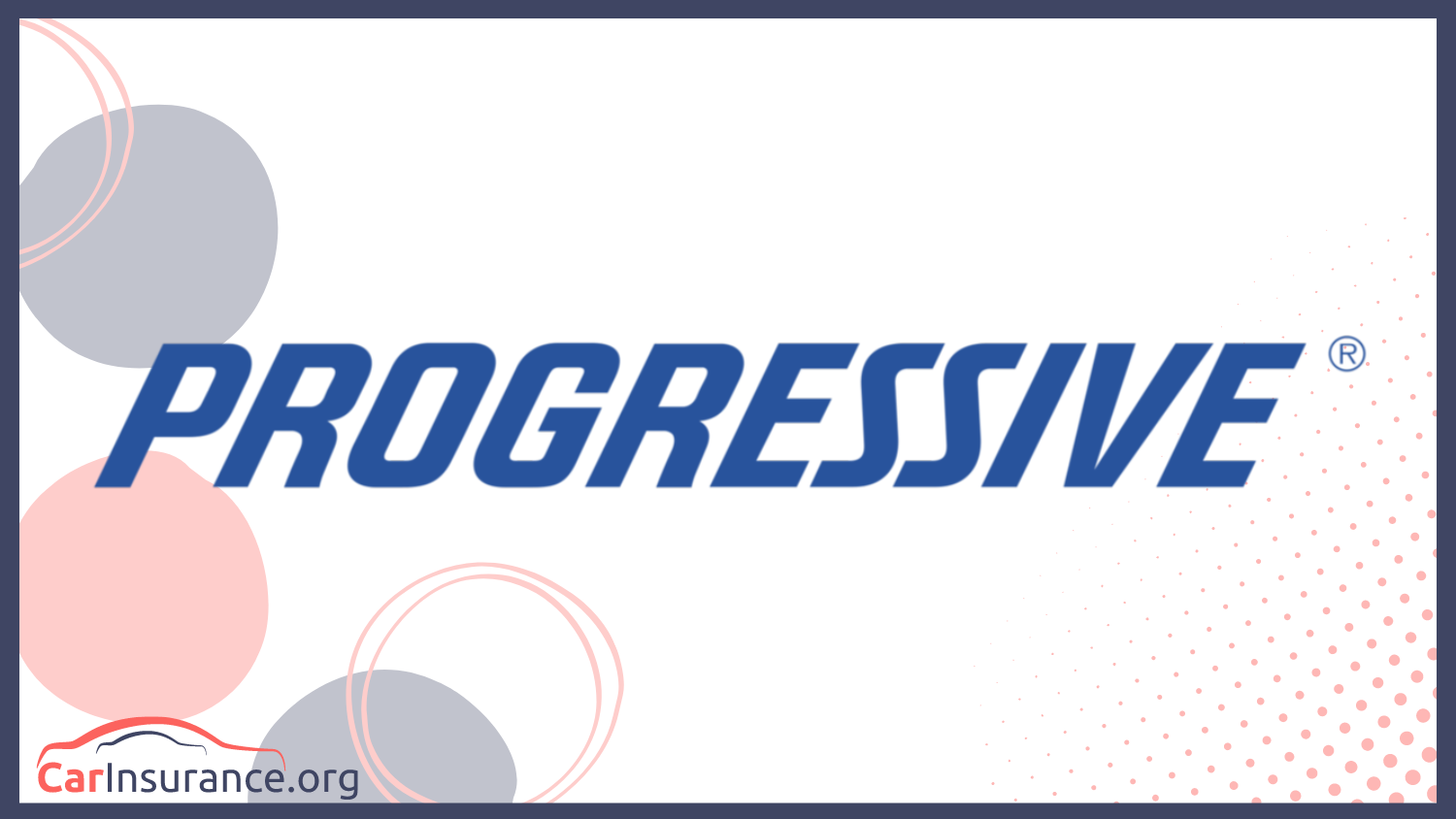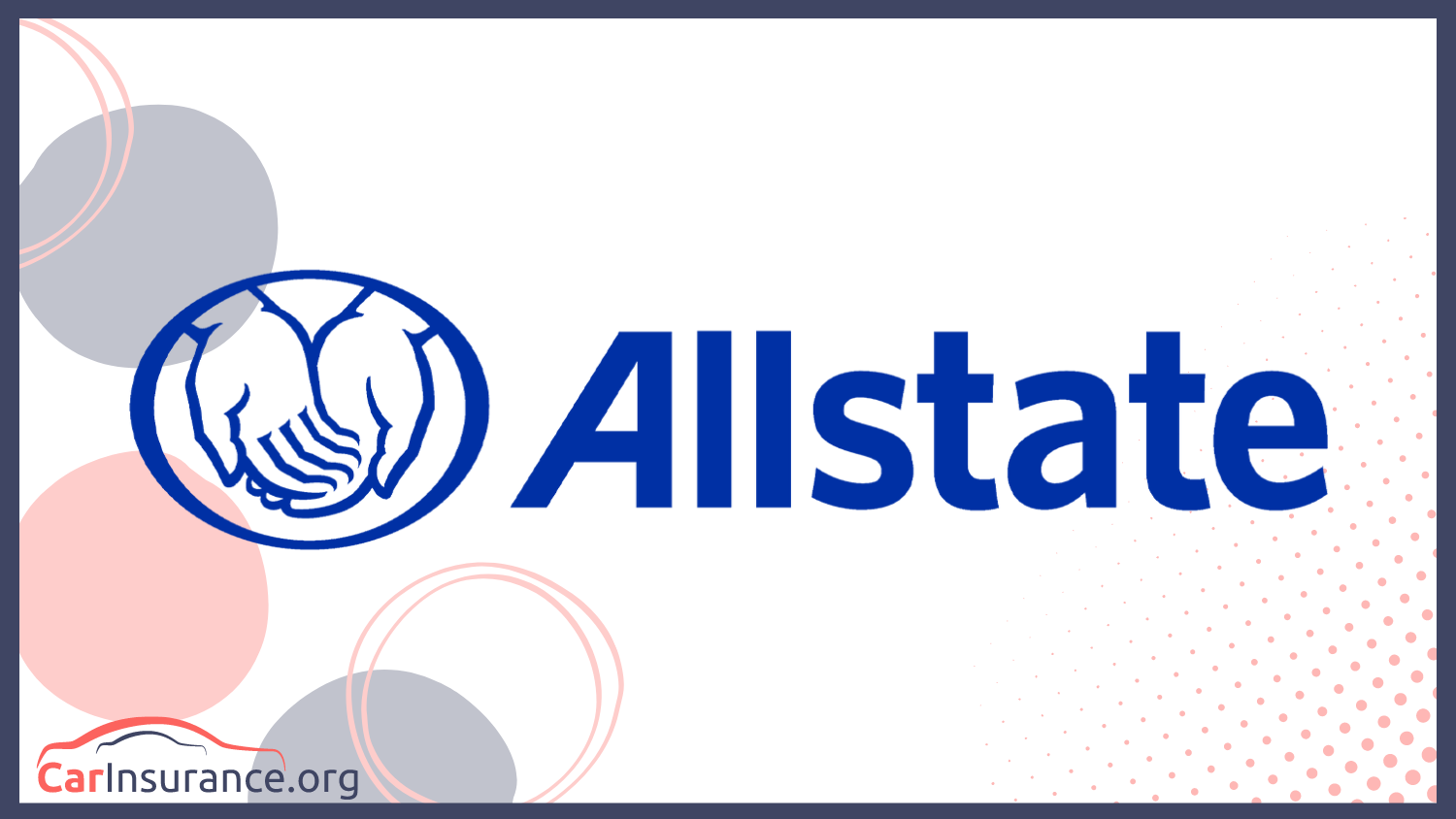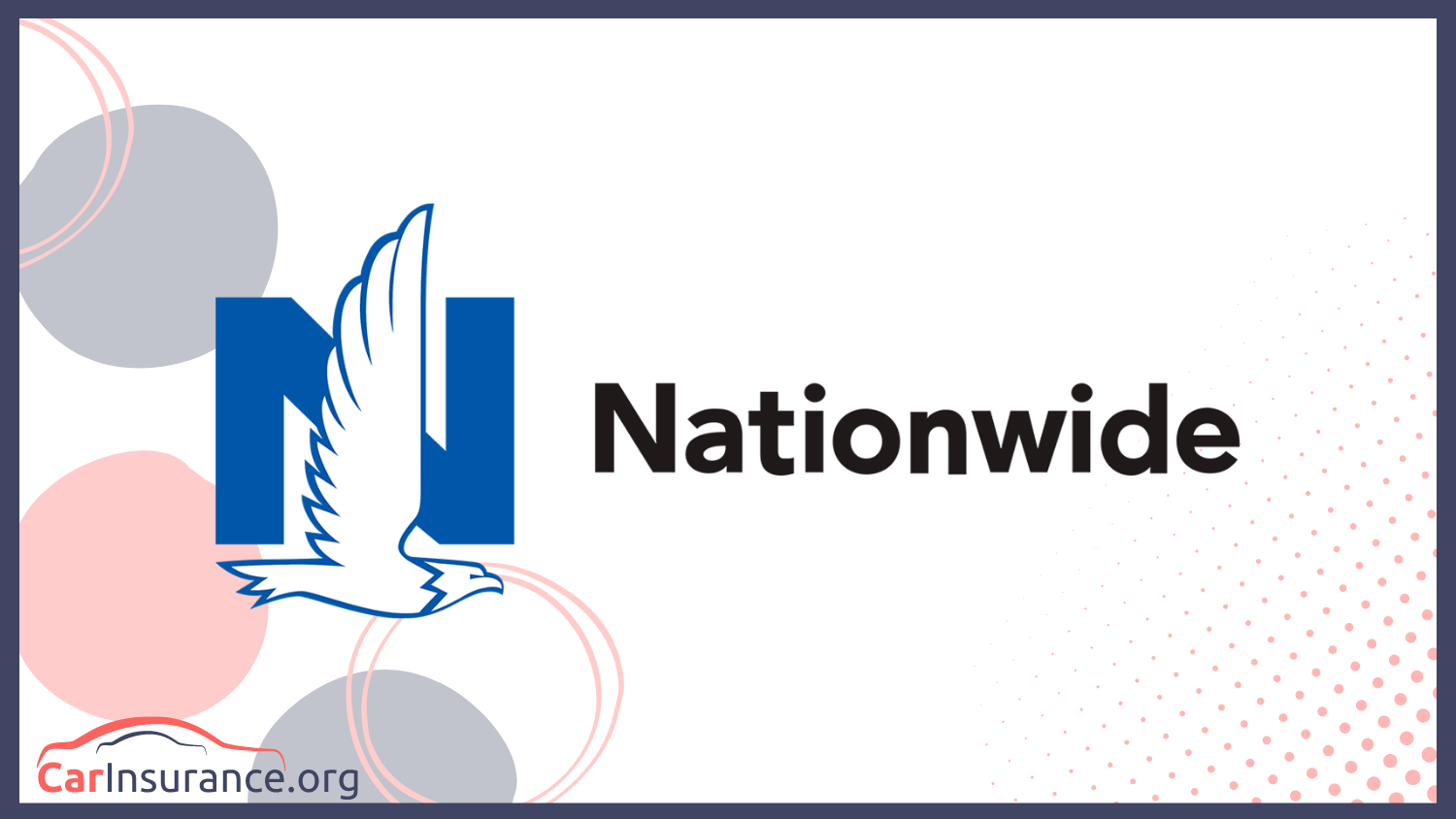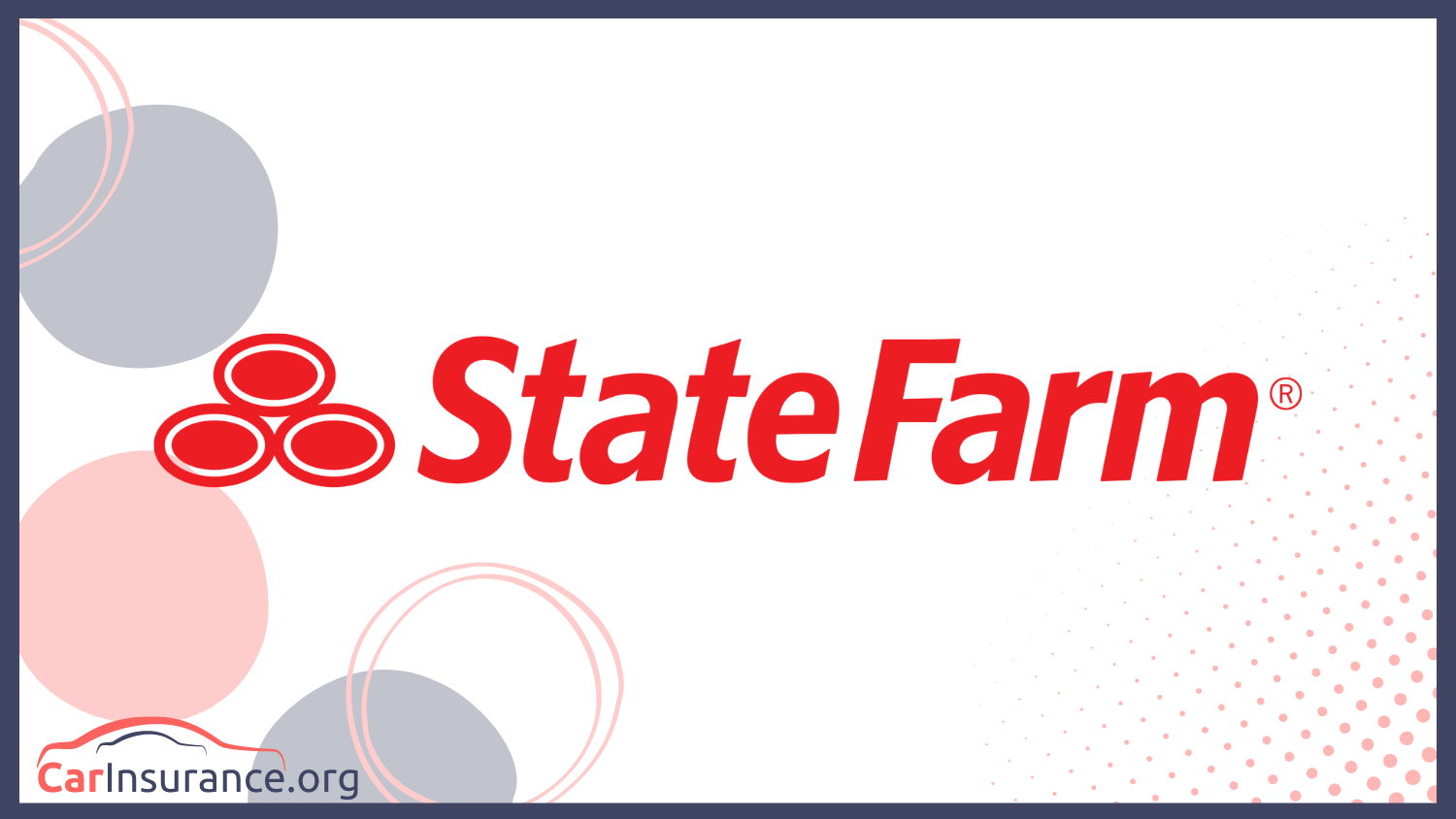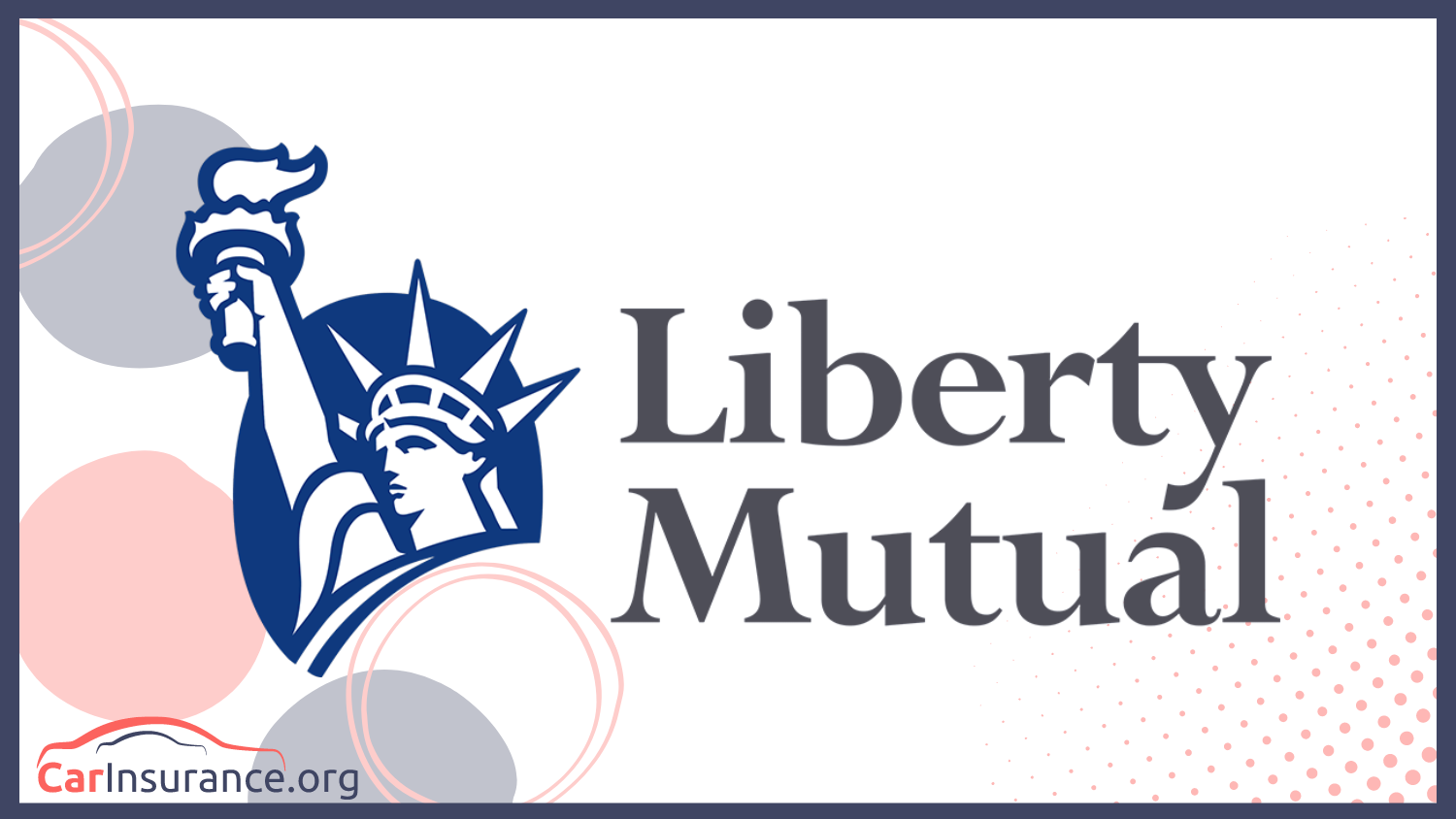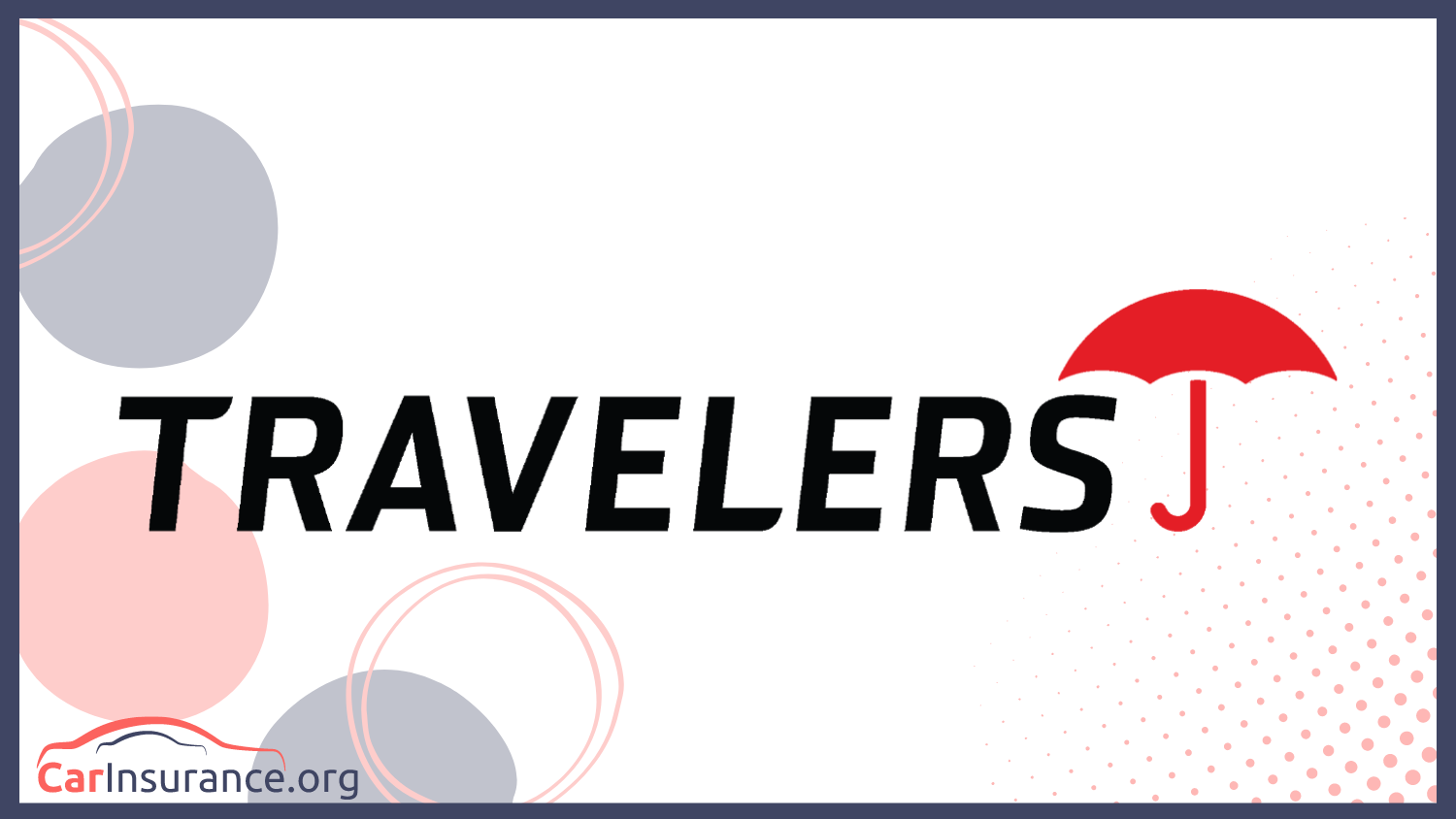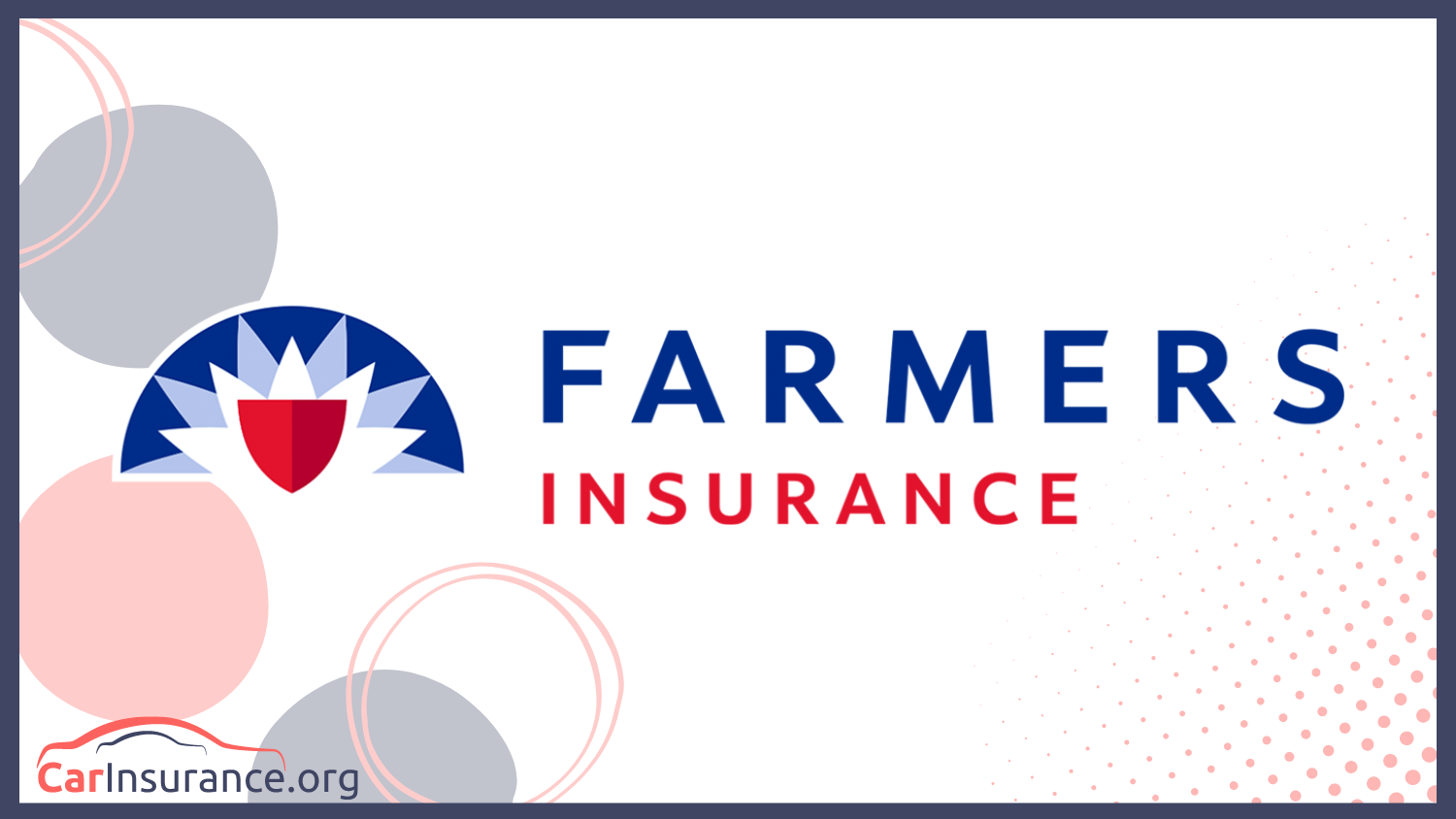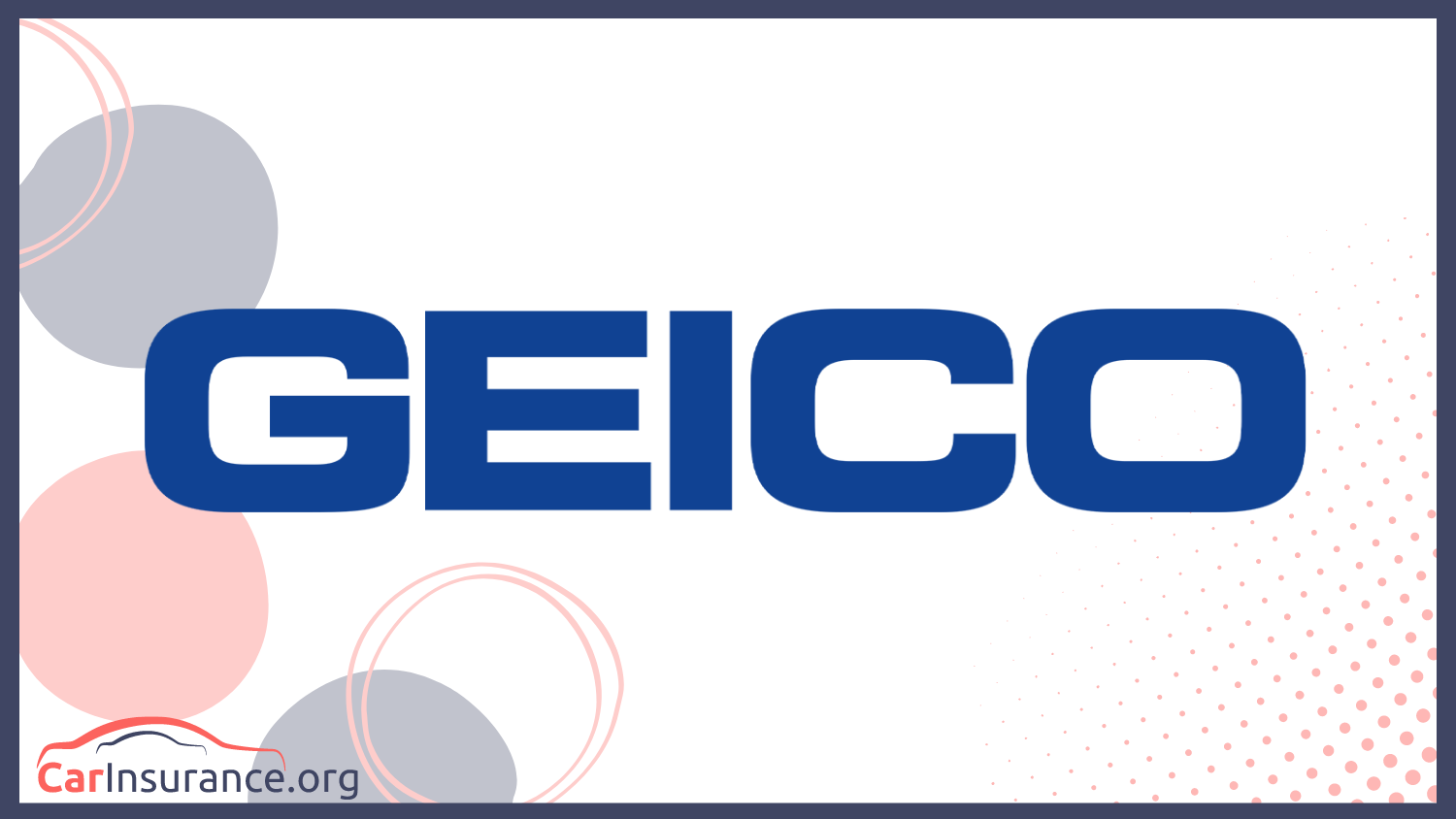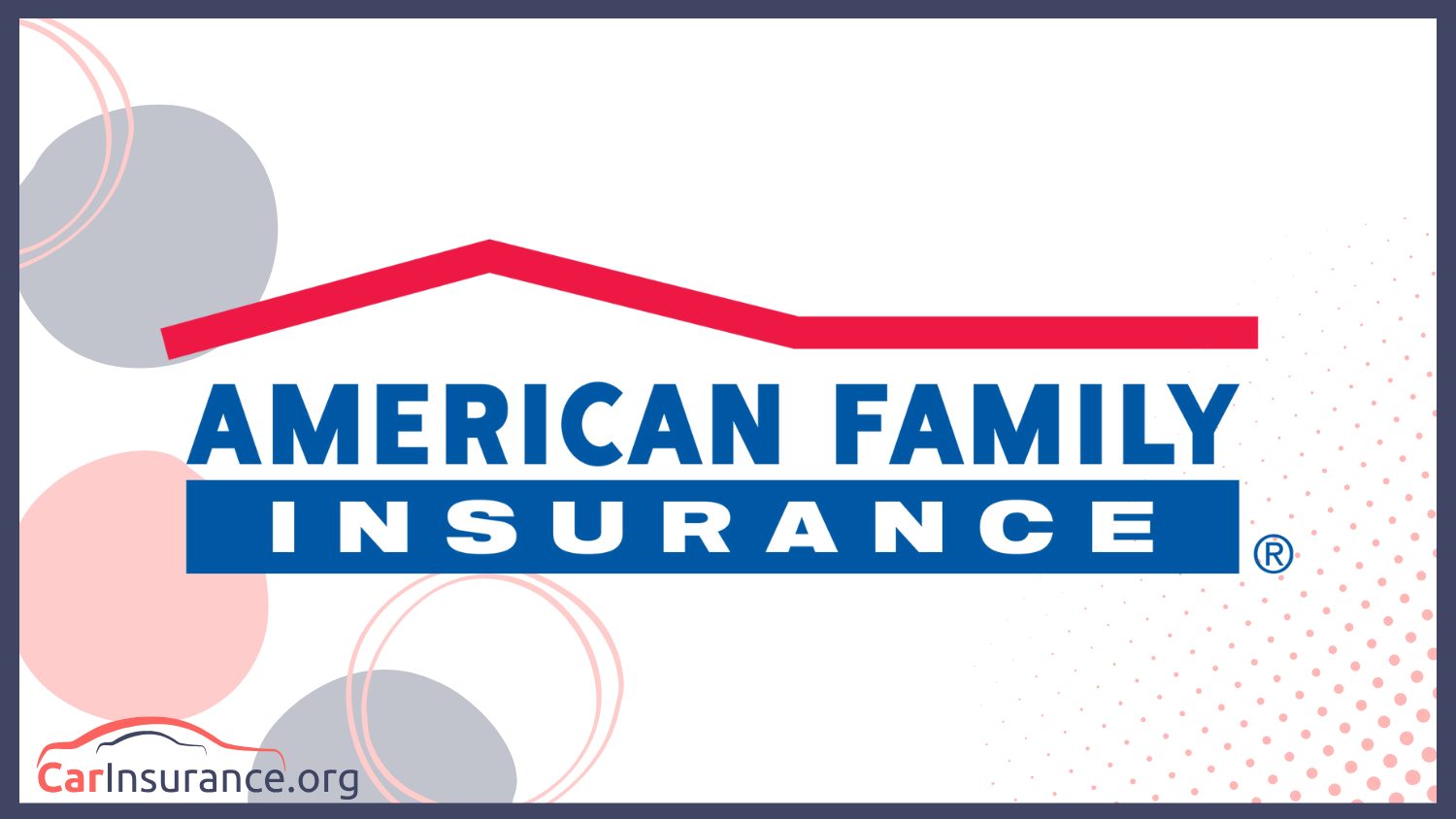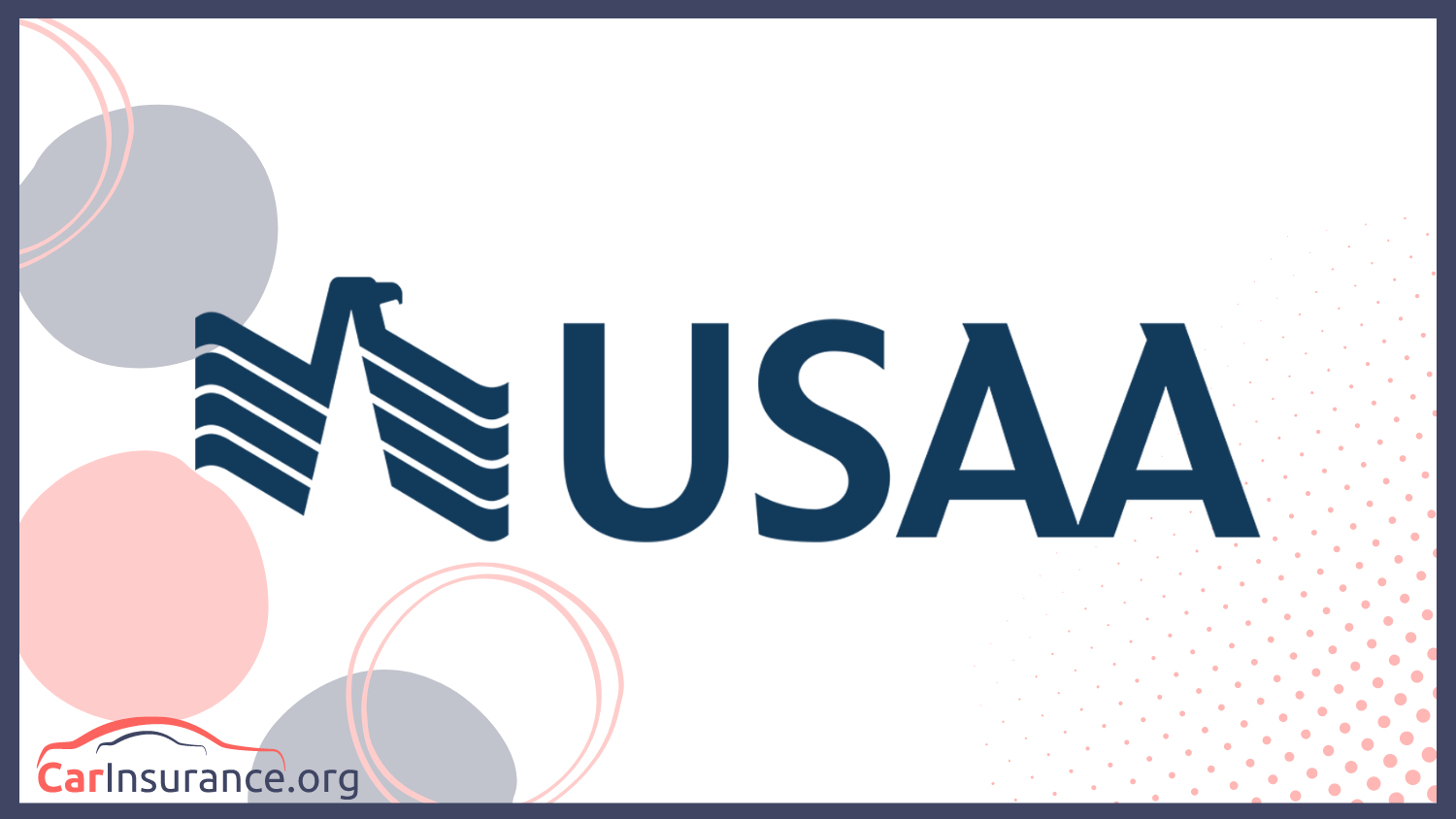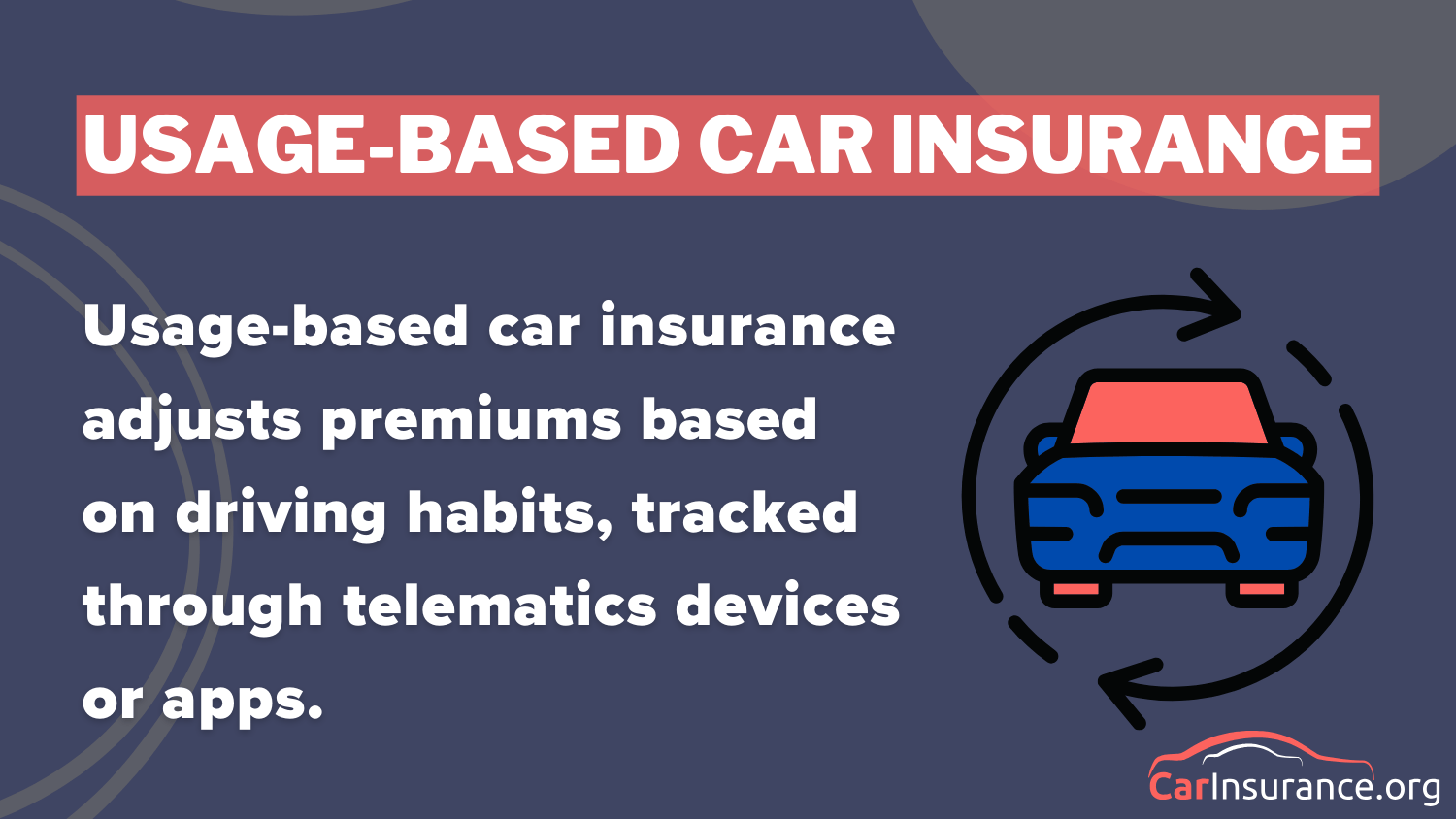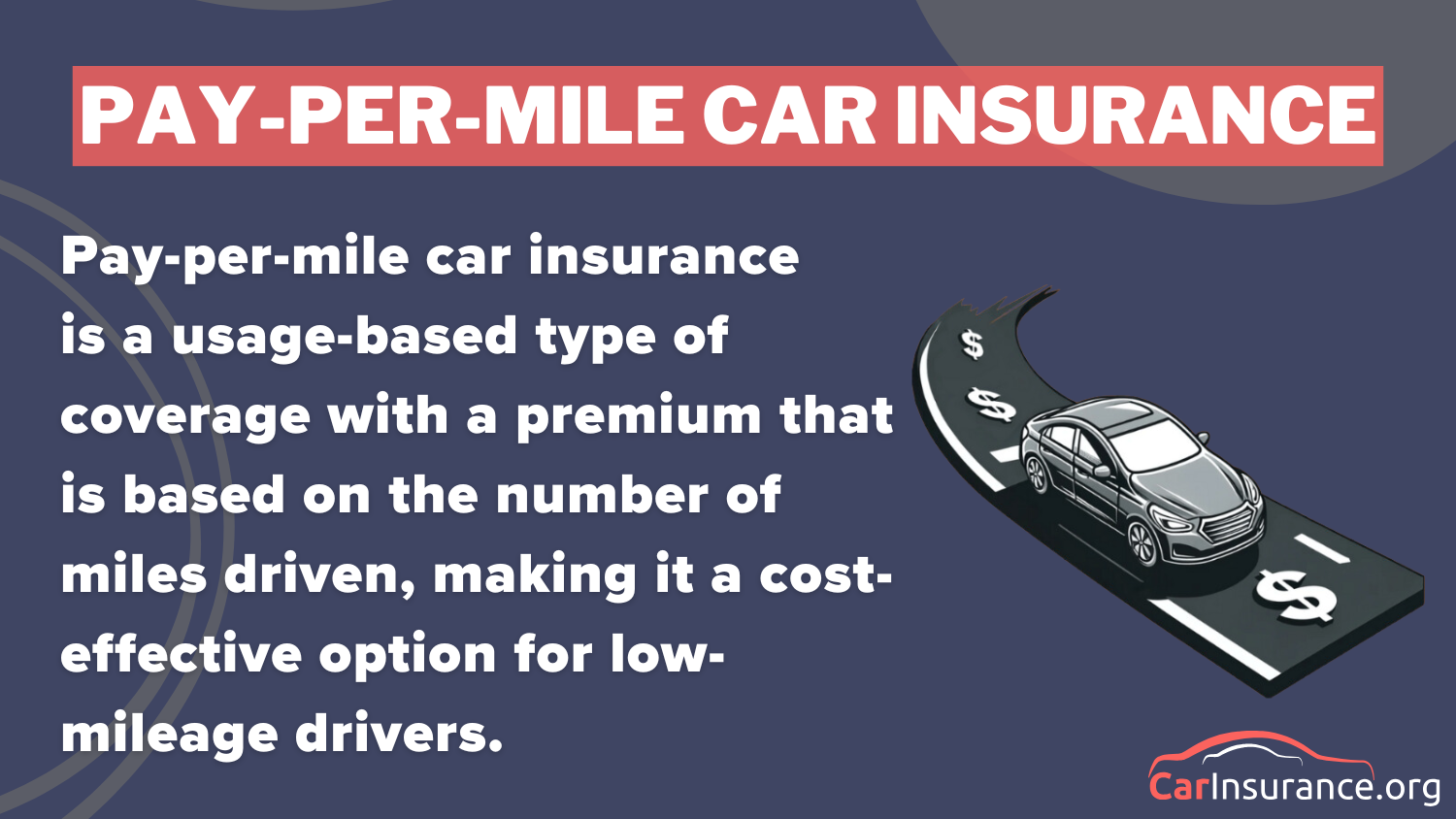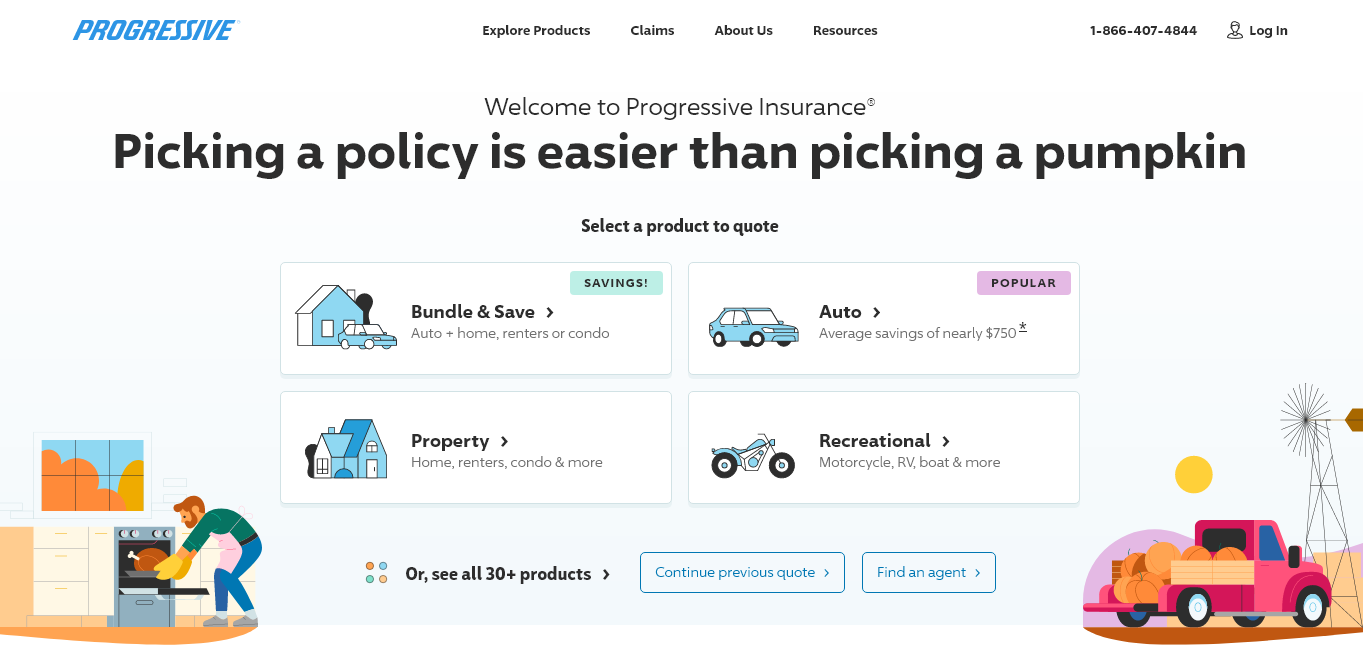Best Usage-Based Car Insurance in 2025 [Check Out These 10 Companies]
Progressive, Allstate, and Nationwide have the best usage-based car insurance available in 49 states. Usage-based insurance rates start at $50 per month, but safe drivers get lower rates. Progressive offers big discounts to safe drivers, making the best usage-based auto insurance both affordable and customizable.
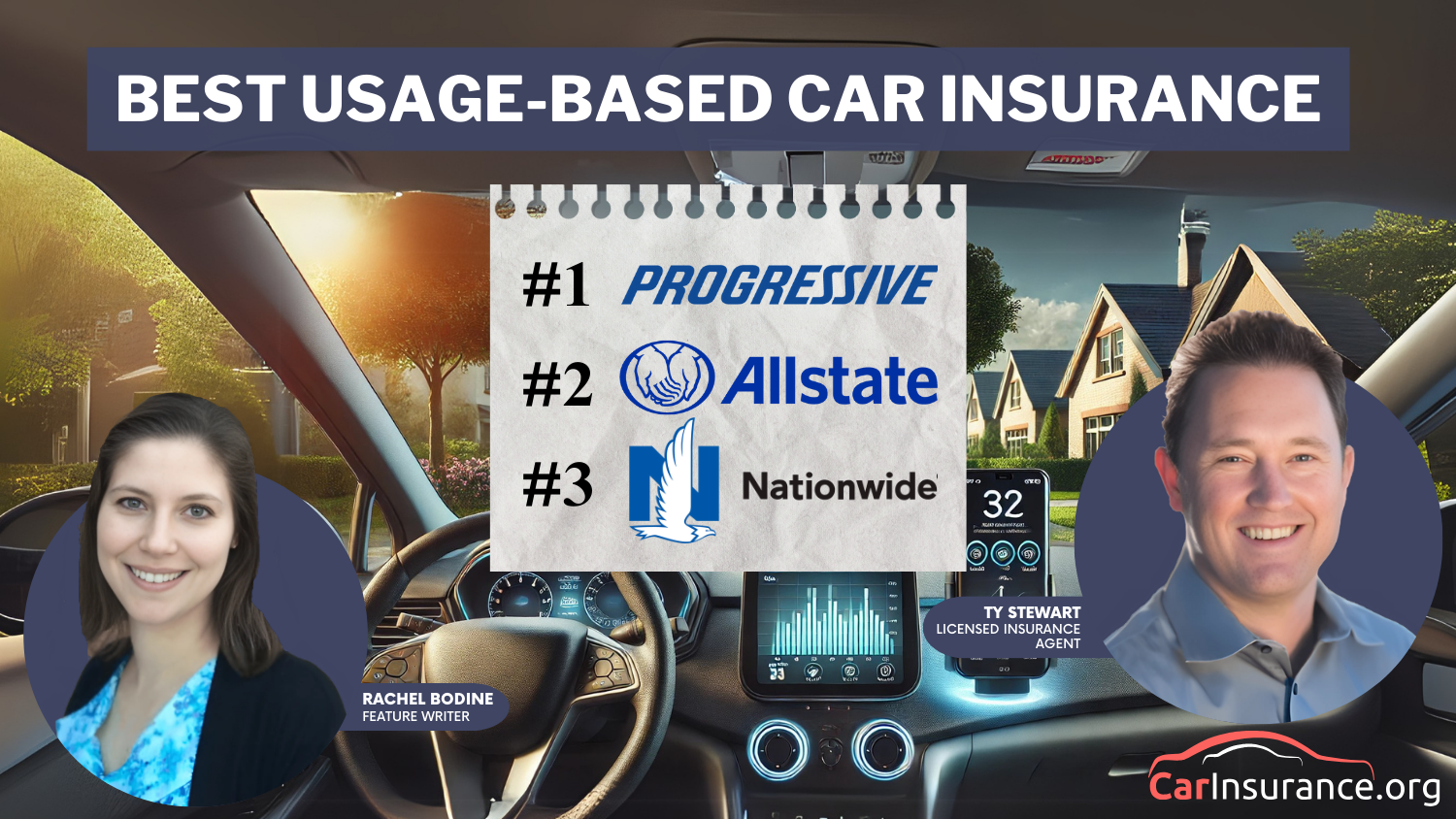
Free Car Insurance Comparison
Compare Quotes From Top Companies and Save
Secured with SHA-256 Encryption
Ty Stewart
Licensed Insurance Agent
Ty Stewart is the founder and CEO of SimpleLifeInsure.com. He started researching and studying about insurance when he got his first policy for his own family. He has been featured as an insurance expert speaker at agent conventions and in top publications. As an independent licensed insurance agent, he has helped clients nationwide to secure affordable coverage while making the process simpl...
Licensed Insurance Agent
UPDATED: Apr 1, 2025
It’s all about you. We want to help you make the right coverage choices.
Advertiser Disclosure: We strive to help you make confident car insurance decisions. Comparison shopping should be easy. We are not affiliated with any one car insurance company and cannot guarantee quotes from any single provider.
Our insurance industry partnerships don’t influence our content. Our opinions are our own. To compare quotes from many different companies please enter your ZIP code on this page to use the free quote tool. The more quotes you compare, the more chances to save.
Editorial Guidelines: We are a free online resource for anyone interested in learning more about car insurance. Our goal is to be an objective, third-party resource for everything car insurance related. We update our site regularly, and all content is reviewed by car insurance experts.
UPDATED: Apr 1, 2025
It’s all about you. We want to help you make the right coverage choices.
Advertiser Disclosure: We strive to help you make confident car insurance decisions. Comparison shopping should be easy. We are not affiliated with any one car insurance company and cannot guarantee quotes from any single provider.
Our insurance industry partnerships don’t influence our content. Our opinions are our own. To compare quotes from many different companies please enter your ZIP code on this page to use the free quote tool. The more quotes you compare, the more chances to save.
On This Page
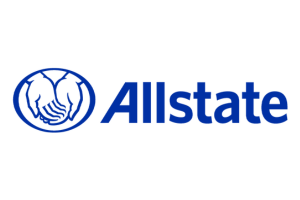 11,638 reviews
11,638 reviewsCompany Facts
Full Coverage
A.M. Best Rating
Complaint Level
Pros & Cons
 11,638 reviews
11,638 reviews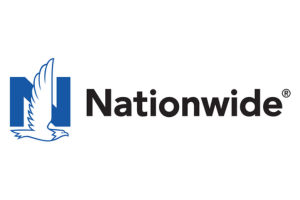 3,071 reviews
3,071 reviewsCompany Facts
Full Coverage
A.M. Best Rating
Complaint Level
Pros & Cons
 3,071 reviews
3,071 reviews
The best usage-based car insurance providers are Progressive, Allstate, and Nationwide, offering rates as low as $50 a month in 49 states. Usage-based car insurance with telematics monitors driving habits and rewards safe and low-mileage drivers with lower premiums.
Our Top 10 Company Picks: Best Usage-Based Car Insurance
| Company | Rank | A.M. Best | UBI Discount | Best For | Jump to Pros/Cons |
|---|---|---|---|---|---|
| #1 | A+ | $231/year | State Availability | Progressive | |
| #2 | A+ | 40% | Safe Drivers | Allstate | |
 | #3 | A+ | 40% | Smart Tech | Nationwide |
| #4 | A++ | 30% | Customer Service | State Farm | |
| #5 | A++ | 30% | Low Mileage | Travelers | |
| #6 | A++ | 30% | Military Families | USAA | |
 | #7 | A | 30% | Custom Plans | Liberty Mutual |
| #8 | A++ | 25% | Digital Tools | Geico | |
| #9 | A | 20% | Young Drivers | American Family | |
| #10 | A | 15% | Reliable Plans | Farmers |
Progressive’s Snapshot offers competitive pricing for safe drivers, Allstate’s Drivewise provides valuable rewards, and Nationwide’s SmartRide delivers excellent service with transparent savings.
By selecting the proper provider, drivers can save money according to their actual driving habits while keeping quality car insurance coverage. Get the right car insurance at the best price — enter your ZIP code to shop for coverage from the top insurers.
- The best usage-based insurance costs around $50 per month for safe drivers
- Progressive is the top pick for flexible and affordable usage-based coverage
- Telematics tracks driving habits for personalized discounts and savings
Free Car Insurance Comparison
Compare Quotes From Top Companies and Save
Secured with SHA-256 Encryption
Compare Quotes From Top Companies and Save
Secured with SHA-256 Encryption
#1 – Progressive: Top Overall Pick
Pros
- State Availability: Progressive usage-based car insurance (UBI) is in 49 states and Washington, D.C., and is available to more drivers than other UBI companies.
- Promoting Safe Driving: Progressive Snapshot UBI encourages safe driving and saves drivers over $200 per year on car insurance.
- Tech-Driven Savings: Based on our Progressive car insurance review, it offers an easy-to-use mobile app that helps drivers track habits and maximize usage-based discounts.
Cons
- Rate Adjustments: Progressive may increase rates for risky driving detected by the Snapshot program, reducing savings.
- Customer Satisfaction: Progressive Snapshot customer service is below average, and drivers have better experiences with other usage-based car insurance companies.
#2 – Allstate: Best for Safe Drivers
Pros
- Driving Behavior Rewards: Allstate offers Drivewise, which rewards safe driving with usage-based auto insurance discounts of up to 30%. Learn more in our Allstate review.
- Savings Without Switching: Drivewise users can earn the best usage-based car insurance discounts without changing their existing policy.
- Accident Forgiveness Perks: Allstate usage-based car insurance includes accident forgiveness for Drivewise users, which stops base rates from increasing after the first at-fault accident.
Cons
- Discount Variability: The best usage-based car insurance savings from Allstate depend on driving habits, meaning not all users will receive substantial discounts.
- Privacy Concerns: Drivewise requires continuous tracking, which may be a drawback for those seeking the best usage-based car insurance without extensive data monitoring.
#3 – Nationwide: Best for Smart Tech
Pros
- Smart Savings: The SmartRide program is Nationwide’s usage-based car insurance that rewards safe driving behavior with up to 40% discounts.
- Low-Mileage Benefits: Nationwide SmartMiles offers pay-per-mile pricing that doesn’t track driving habits, helping high-risk drivers save with UBI.
- User-Friendly Tracking: App provides real-time feedback to help drivers improve habits and lower usage-based car insurance rates. Read how in our Nationwide review.
Cons
- Gradual Discounts: The best usage-based car insurance savings through Nationwide may take time to reflect in policy pricing.
- Privacy Sensitivity: Some drivers may be uncomfortable with the detailed driving data tracking required by Nationwide SmartRide and SmartMiles programs.
Compare Quotes From Top Companies and Save
Secured with SHA-256 Encryption
#4 – State Farm: Best for Customer Service
Pros
- Safe Driving Incentives: The Drive Safe & Save program by State Farm encourages responsible driving with the best usage-based car insurance discounts.
- Mileage-Based Savings: Low-mileage drivers can benefit from tailored best usage-based car insurance rates based on how much they drive.
- Trusted Service: Our State Farm car insurance review highlights the company’s strong customer support, providing a smooth experience for best usage-based car insurance users.
Cons
- Discount Uncertainty: State Farm usage-based car insurance discounts vary widely based on gathered driving data, making savings unpredictable.
- Tech Dependency: Drive Safe & Save requires smartphone or telematics device usage, which may not suit all drivers.
#5 – Travelers: Best for Low-Mileage Drivers
Pros
- Safe Driving Incentives: Liberty Mutual offers RightTrack, which provides up to 30% in usage-based car insurance savings.
- Personalized Coverage: Per our Liberty Mutual car insurance review, it allows customization, ensuring usage-based car insurance users get tailored protection.
- Convenient Monitoring: The app provides easy monitoring of driving behavior, enhancing the best usage-based car insurance experience.
Cons
- State Restrictions: The RightTrack usage-based car insurance program is not offered in all states.
- Sensitivity to Data: Some drivers aren’t comfortable with the ongoing tracking of their driving habits and GPS.
#6 – USAA: Best for Military Families
Pros
- Performance-Based Discounts: Travelers IntelliDrive offers up to 30% in usage-based car insurance discounts.
- Ideal for Low Mileage: According to our Travelers car insurance review, it’s a great option for those who drive less than 8,000 miles per year.
- Tech Integration: The IntelliDrive UBI app provides real-time feedback, helping drivers improve their habits.
Cons
- Rate Fluctuations: Usage-based car insurance rates with Travelers may increase if the program records risky driving habits.
- Continuous Monitoring: IntelliDrive requires ongoing tracking may not be suitable for all drivers.
Compare Quotes From Top Companies and Save
Secured with SHA-256 Encryption
#7 – Liberty Mutual: Best for Custom Plans
Pros
- Reliable Coverage: The Signal program by Farmers includes CrashAssist, which will alert authorities if you’ve been in a crash.
- Educational Benefits: Farmers Signal enhances usage-based car insurance with real-time feedback to improve driving habits.
- Accident Forgiveness: As outlined by our Farmers car insurance review, it offers reliable accident forgiveness for UBI drivers using Signal.
Cons
- Lower Savings Potential: The 15% usage-based car insurance discount with Farmers is not as competitive as other providers.
- Tracking Concerns: Farmers usage-based car insurance collects continuous data on its drivers.
#8 – Geico: Best Digital Tools
Pros
- Real-Time Discounts: The DriveEasy program by Geico car insurance tracks driving habits and offers immediate usage-based car insurance savings.
- Digital Accessibility: Geico’s strong online tools make monitoring and managing usage-based auto insurance simple.
- Competitive Pricing: Geico consistently offers affordable usage-based car insurance quotes for drivers. Compare rates in our Geico car insurance review.
Cons
- Strict Evaluations: Geico usage-based insurance through DriveEasy may penalize abrupt braking or sudden speed changes, impacting rates.
- Savings Variability: The best Gecio UBI discounts depend on individual driving data, making potential savings unpredictable.
#9 – American Family: Best for Young Drivers
Pros
- Young Driver Benefits: The KnowYourDrive program by American Family helps young drivers develop safe habits while earning usage-based car insurance discounts.
- Bundling Flexibility: Our AmFam Insurance review details how it integrates well with other policies, allowing for additional savings on top of usage-based discounts.
- Easy-to-Use App: KnowYourDrive provides real-time feedback, helping drivers monitor and improve their habits.
Cons
- Limited Savings: The usage-based car insurance discounts with American Family may not be as high as competitors.
- Availability Issues: The KnowYourDrive program is not offered in all states, restricting access to usage-based car insurance.
Compare Quotes From Top Companies and Save
Secured with SHA-256 Encryption
#10 – Farmers: Best for Reliable Plans
Pros
- Military Savings: USAA SafePilot provides exclusive usage-based car insurance savings for military families and members.
- Customer Support Excellence: USAA is committed to customer support, earning the highest usage-based car insurance satisfaction score in J.D. Power annual surveys.
- Affordable Rates: USAA customizes savings for service members, offering the cheapest usage-based car insurance at $50 a month. Compare quotes in our USAA review.
Cons
- Eligibility Limits: USAA car insurance is only available to military members, veterans, and their families, limiting access to its usage-based savings.
- Privacy Considerations: SafePilot requires ongoing tracking, which might not be suitable for all drivers.
How to Qualify and Save With Usage-Based Car Insurance
Usage-based auto insurance programs allow drivers to save on premiums by tracking driving habits using telematics technology. These programs monitor speed, braking, acceleration, and mileage to determine discounts based on safe driving behavior. The table below compares usage-based insurance examples, highlighting the maximum discounts:
Usage-Based Car Insurance Availability & Savings by Provider
| Insurance Company | Program Name | Earned Savings | Areas Available |
|---|---|---|---|
| Drivewise | 40% | 49 states | |
| KnowYourDrive | 20% | 20 states | |
| Signal | 15% | 45 states | |
| DriveEasy | 25% | 37 states | |
 | RightTrack | 30% | 41 states and Washington, D.C. |
 | SmartRide | 40% | 45 states |
| Snapshot | $231/year | 49 states and Washington, D.C. | |
| Drive Safe & Save | 30% | 47 states | |
| IntelliDrive | 30% | 38 states and Washington, D.C. | |
| SafePilot | 30% | 47 states and Washington, D.C. |
Top UBI programs, like Progressive Snapshot and Allstate Drivewise, offer savings of up to 30% in 49 states. Other companies might have bigger discounts, but availability is limited, and you may not be able to buy UBI where you live. Comparing providers ensures you maximize potential savings while maintaining the coverage you need.
If you drive often or at night, traditional insurance may be cheaper. But safe, low-mileage drivers can save with usage-based insurance.Tracey L. Wells Licensed Insurance Agent & Agency Owner
Most policyholders can enroll in usage-based car insurance by downloading a mobile app or installing a tracking device in their vehicle (Read More: Is it bad to have a car insurance driver monitor?). Availability also differs by state, so choosing the right program depends on location, driving habits, and potential savings.
How Usage-Based Car Insurance Works
Usage-based car insurance, or UBI, is a type of car insurance coverage that determines premiums based on actual driving habits rather than fixed demographic factors like age, gender, or credit score. The system applies telematics technology to monitor how you drive, when you drive, and how much you drive so that insurers can provide personalized rates.
Drivers who demonstrate safe behavior or drive less can be rewarded with reduced premiums, thus making UBI a cost-saving and adaptable option compared to conventional insurance.
UBI works by collecting driving data through a telematics device installed in the vehicle or a mobile app. Insurers use this data to evaluate several key factors:
- Mileage: The fewer miles you drive, the lower your accident risk, which can reduce your premium.
- Speeding: Consistently driving over the speed limit can result in higher rates due to increased accident probability.
- Braking and Acceleration: Harsh braking and rapid acceleration indicate aggressive driving, which insurers view as riskier behavior. Smooth driving can help lower costs.
- Time of Day: Driving late at night or during high-risk hours increases the likelihood of accidents and may affect rates.
- Phone Usage: Some applications track distracted driving by monitoring phone usage when the car is moving, possibly affecting rates.
Although not tracked by UBI, your location still impacts rates. Driving in high-traffic urban areas presents a greater risk than in rural areas. Low-mileage and safe drivers will gain the most from UBI, whereas drivers in big cities or with more aggressive driving behaviors might experience minimal savings or even higher costs.
Learn More. How much insurance do I need for my car?
How Insurers Gather Driving Data for Usage-Based Car Insurance
Insurance providers use different technologies to collect driving data for usage-based car insurance. This insurance technology offers a more accurate risk assessment for customized premiums. Telematics devices and mobile applications are popular options, but insurers also utilize connected vehicles and artificial intelligence (AI) system-based solutions to track driving habits.
- Telematics Devices: Many insurers provide plug-in devices that connect to a vehicle’s OBD-II port, tracking factors like acceleration, braking, and mileage. These devices offer precise data collection but require installation.
- Mobile Apps: Smartphone apps utilize GPS and motion sensors to track driving habits, such as speed, phone use, and travel patterns. They are convenient but can be a privacy issue.
- Connected Vehicle Systems: Modern vehicles with built-in telematics send driving information directly to insurers without the use of additional devices. The process is done smoothly while utilizing the vehicle’s existing technology.
- AI-Powered Dashcams: Certain UBI programs incorporate AI-fitted dashboard cameras that evaluate driver alertness, identify aggressive and distracted driving, and offer real-time feedback to improve driving.
- Third-Party Data Aggregators: Certain insurers partner with data providers that analyze driving behavior from multiple sources, such as vehicle manufacturers and mobile apps, to refine risk assessments.
The best usage-based car insurance policies help drivers save money by adjusting premiums based on driving habits and mileage. Unlike traditional full coverage car insurance with fixed rates, usage-based plans track driving habits to provide lower costs for lower-risk drivers.
Compare Quotes From Top Companies and Save
Secured with SHA-256 Encryption
The Best Usage-Based Car Insurance Rates and Discounts
Monthly premiums for minimum and full coverage car insurance vary significantly among usage-based insurance companies. USAA SafePilot offers the cheapest rates, with $50 per month for minimum coverage and $130 for full coverage, making it the best for cheap car insurance.
Car Insurance Monthly Rates With Usage-Based Discount
| Insurance Company | Minimum Coverage | Full Coverage |
|---|---|---|
| $65 | $160 | |
| $63 | $156 | |
| $66 | $165 | |
| $54 | $141 | |
 | $70 | $170 |
 | $62 | $155 |
| $60 | $150 | |
| $55 | $140 | |
| $58 | $145 | |
| $50 | $130 |
On the higher end, Liberty Mutual RightTrack charges $70 per month for minimum coverage and $170 for full coverage, which is among the priciest types of car insurance.
Driving safe saves you 40% by adding Drivewise® from Allstate. Click or call for a quote today.
— Allstate (@Allstate) February 25, 2022
Leading usage-based car insurance companies offer discounts that can be combined with usage-based driving programs like Geico DriveEasy, State Farm Drive Safe & Save, and Progressive Snapshot to further lower the cost of auto insurance.
Choosing the best category of car insurance among UBI providers depends on your driving behavior and annual mileage. Progressive, Allstate, and State Farm usage-based insurance programs have competitive rates in more states, while USAA remains the cheapest usage-based car insurance for military personnel.
Exploring Other Types of Usage-Based Car Insurance
Usage-based car insurance offers a personalized approach to premiums by tracking mileage and driving behavior through telematics. This model helps drivers save money based on how often and how safely they drive. However, it is not the same as pay-per-mile or pay-as-you-go insurance.
- Pay As You Go (PAYG): Charges premiums based on total mileage, ideal for low-mileage drivers like remote workers. It promotes reduced driving but involves tracking, raising privacy concerns.
- Pay How You Drive (PHYD): Rewards safe driving by monitoring speed, braking, and acceleration. Responsible drivers benefit from lower rates, but occasional hard braking may increase costs.
- Pay As You Drive (PAYD): Combines mileage and behavior tracking for a personalized rate. It offers affordability with safety incentives but may have complex pricing and require constant monitoring.
UBI offers a cost-effective alternative to traditional insurance by tailoring rates to individual driving habits, but pay-per-mile car insurance strictly tracks mileage, giving high-risk drivers a chance to save by not tracking driving habits.
While they encourage safer practices and potential discounts, they also entail monitoring, which may or may not be everyone’s cup of tea. Having the knowledge of the pros and cons of each kind would help the drivers choose the most suitable coverage for them
Read More: Safe Driving Means Checking Your Bad Attitude at the Car Door
Advantages and Drawbacks of Usage-Based Car Insurance
Usage-based auto insurance uses actual driving behavior to compute premiums with the help of telematics devices and mobile applications. Unlike traditional factors that affect the price of car insurance, such as age and credit score, UBI recognizes and rewards safe driving with potential savings.
Here are some key benefits for drivers seeking fair and affordable coverage:
- Lower Costs: Best suited for retirees, remote workers, or occasional drivers who can save a lot of money by driving less.
- Fairer Pricing: Instead of flat-rate premiums, costs are based on actual driving behavior, making insurance more equitable.
- Encourages Safer Driving: Monitoring speed, braking, and mileage assists drivers to enhance performance and reduce the risk of accidents.
- Insights and Discounts: Smartphone apps give real-time comments and may unlock additional discounts for consistent safe driving.
- Additional Safety Features: Some policies include crash detection, roadside assistance, or GPS tracking for stolen vehicles.
Though it provides individualized pricing, there are some considerations before signing up. Here are some potential drawbacks to consider:
- Privacy Concerns: The providers track location, speed, and driving habits, which raises the issue of security and use of this information.
- Rate Hikes: Frequent hard braking, speeding, or nighttime driving can lead to increased charges instead of savings.
- Inconsistent Scoring Methods: Different insurers use proprietary algorithms, making it hard to anticipate how driving will influence rates.
- Technical Issues: Glitches, connectivity issues, or device malfunctions may lead to incorrect data and unfair premium adjustments.
- External Factors: Weather conditions, road conditions, or sudden unforeseen stops might deter scores negatively.
Usage-based insurance is an affordable and equitable option for low-mileage, safe drivers who need to lower their premium rates. It might be less desirable, though, for nighttime or congested traffic drivers due to privacy issues and unpredictable pricing.
UBI can save money, but check how data is used, if bad habits raise rates, and whether discounts outweigh privacy concerns.Michelle Robbins Licensed Insurance Agent
Compare UBI programs thoroughly before enrolling and learn how companies set rates. Evaluating your driving habits and risk factors will help determine if UBI is the right choice for you.
Compare Quotes From Top Companies and Save
Secured with SHA-256 Encryption
A Smarter Way to Save on Car Insurance Coverage
The best usage-based car insurance programs help drivers save on premiums by basing rates on driving habits and mileage rather than fixed pricing. Progressive Snapshot, Allstate Drivewise, and Nationwide’s SmartRide use telematics technology to set the best UBI rates in more states.
Where can you get cheap, full coverage car insurance? With average premiums of $50 per month, UBI offers a cost-effective option for safe or low-mileage drivers. UBI drivers can take advantage of customized pricing, including possible discounts for being responsible drivers.
The programs do, though, need participants’ consent to monitor their behavior, which may raise privacy concerns for some. Costs may also vary depending on a driver’s driving, meaning reckless behaviors might increase insurance costs. In spite of all that, usage-based insurance remains an affordable way for drivers to reduce their monthly premiums.
When you’re ready to see how much you can save on your car insurance, enter your ZIP code into our free comparison tool.
Frequently Asked Questions
Which companies offer the best usage-based car insurance discounts?
Progressive, Allstate, and State Farm offer discounts for safe driving habits, low annual mileage, and responsible behaviors like smooth braking and steady acceleration. These discounts can significantly reduce monthly premiums.
Can usage-based car insurance increase my rates?
Some usage-based car insurance programs may raise rates if risky behaviors like hard braking, rapid acceleration, or excessive speeding are detected. However, most insurers primarily use telematics to offer discounts rather than penalize drivers.
By entering your ZIP code, you can get instant car insurance quotes from top providers.
How does mileage affect the cost of usage-based car insurance?
Usage-based car insurance rates will be cheaper if you drive less than 12,000 miles a year. Other types of UBI, such as pay-per-mile plans, lower rates for drivers who log even fewer miles, usually around 8,000 miles annually. Understanding why you need car insurance tailored to your usage can help maximize savings.
What is the difference between pay-as-you-drive and pay-how-you-drive UBI?
The best usage-based car insurance programs typically fall into two categories: pay-as-you-drive (PAYD), which bases rates on mileage, and pay-how-you-drive (PHYD), which considers driving habits like speed and braking.
Who benefits the most from usage-based car insurance?
The best usage-based auto insurance is ideal for low-mileage drivers, safe drivers, and those who want more personalized rates. Remote workers, retirees, and those who drive less frequently can save the most with telematics-based car insurance.
Is usage-based car insurance available in all states?
No, some state laws restrict insurance and how insurance companies can track drivers. Progressive and Allstate usage-based car insurance is available in 49 states. However, specific programs, discounts, and savings potential can differ based on car insurance rates by state.
What is usage-based car insurance, and how does it work?
The best usage-based car insurance adjusts premiums based on driving behavior and mileage using telematics devices or mobile apps. Companies like Progressive, Allstate, and State Farm offer top-rated UBI programs that reward safe and low-mileage drivers with lower rates.
How does usage-based car insurance track driving habits?
Usage-based car insurance tracks driving habits using telematics devices or mobile apps that monitor factors such as speed, acceleration, braking, and mileage. Insurers analyze this data to determine personalized rates, rewarding safer drivers with lower premiums.
Stop overpaying for car insurance. Our free quote comparison tool allows you to shop for quotes from the top providers near you by entering your ZIP code.
Are there any privacy concerns with usage-based car insurance?
Some drivers may have privacy concerns with usage-based car insurance due to GPS and telematics tracking. However, knowing safe driving tips can help lower premiums, and most insurers offer transparency and opt-out options.
Can you switch from traditional car insurance to usage-based car insurance anytime?
Yes, most insurance providers allow policyholders to switch to usage-based car insurance at any time. However, it’s important to compare potential savings and coverage changes before making the switch to ensure it fits your driving habits and budget.
Compare Quotes From Top Companies and Save
Secured with SHA-256 Encryption
Ty Stewart
Licensed Insurance Agent
Ty Stewart is the founder and CEO of SimpleLifeInsure.com. He started researching and studying about insurance when he got his first policy for his own family. He has been featured as an insurance expert speaker at agent conventions and in top publications. As an independent licensed insurance agent, he has helped clients nationwide to secure affordable coverage while making the process simpl...
Licensed Insurance Agent
Editorial Guidelines: We are a free online resource for anyone interested in learning more about car insurance. Our goal is to be an objective, third-party resource for everything car insurance related. We update our site regularly, and all content is reviewed by car insurance experts.

